(ThyBlackMan.com) At first glance, the title “Black People Are Protesting the Wrong Way” is click-baity (reminiscent of a highly problematic piece published in CNN called ‘Lord of the Flies’ comes to Baltimore). It begs many questions about who is protesting (not just Black people), why they are protesting, and how do we construe their methods as right or wrong. It’s also very trolling. But I wanted to be fair and read it before I dismissed it. I did, and frankly, I was very disheartened. Here’s why:
“Police brutality is realistically not a national issue even though it gets national attention. It’s a local issue.”
… I don’t know where to begin to comment on that. A study estimated that from May 2013 to August 2014, there have been 1,450 police-related killings. As we march towards the middle of 2015, that number has surely increased. How is this not a national problem? And what are the inherent benefits of localizing the issue as a way to contain or solve it?
But let’s say I concede that point. Even if we would like to construe police brutality as a “local issue,” Smith dismisses an often-used tactic in Civil Rights Era to address local issues by propelling them into the national spotlight, and highlighting national issues by localizing them. Besides the fact that a single camera can physically only be in one place at a time, many leaders, including Martin Luther King, understood the power in creating spectacles (such as marching, which in most cases “blocks traffic,” which Smith dismisses as a trivial outcome) in local settings to draw attention to issues of oppression on a national and international level.
MLK saw cameras as tool to rip the curtain from mainstream America’s eyes to reveal what was really going on in this country (for those who may have not read about this, watch Selma). The people blocking traffic may not be as “respectful” as King, but they are doing what they can to make this country see them. There will continue to be many media pundits and critics of this generation’s protest movement who will cite palatable MLK quotes about non-violence, but the Civil Rights icon, just like many Black people now and then, had radically nuanced ideas about urban riots and struggles for social justice.
“I personally have not seen any protests of a mayor in any city.”
Really? Ferguson, Chicago, New York, Oakland. This response easily begs the question “have you been to a protest?” But regardless of the answer, it only requires a quick Google search in order to see that there have been several protests of the mayors of several cities (if we are operating under the premise that this is how to solve the problem). They probably aren’t covered by Fox News, but these events are on local and national television. But either way, not seeing these things on tv does not mean they are not happening.
“The sad part is, police brutality isn’t that hard of an issue to fight.”
Forget empirical evidence, I’m curious to see anecdotal evidence of this claim. I’d be intrigued in just hearing a personal story of how someone easily solved the issue of police brutality in her or his local community. I wish I could make a more expansive argument against this point, but conceptually, I couldn’t imagine how this possibly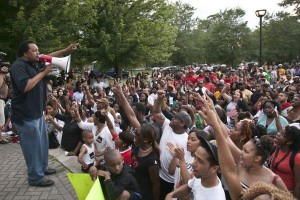 could be true.
could be true.
“Seems harmless and effective enough, but if you really think about it, if I’m a middle aged white man from the Midwest and I turn on the TV and see a group of people blocking traffic and holding signs that say “Black Lives Matter,” how do we make the connection to police brutality?”
If we are making the assumption that a “middle aged white man from the Midwest” couldn’t connect “Black Lives Matter” to police brutality (not sure if this is generally true), I doubt he has been paying attention to what is going. If this person does have a television, whether he agrees or disagrees with the message or the methods, if he doesn’t at least know why Black people are protesting, why they are chanting “Black Lives Matter” after the deaths of Trayvon Martin, John Crawford, Aiyana Jones, Tyisha Miller, Mike Brown, Tamir Rice, Eric Garner, Rekia Boyd, Walter Scott, Freddie Gray, and others, I highly doubt there would be any way to create that connection for him. Same logic applies to people derailing the movement with “BlueLivesMatter” or “AllLivesMatter.” If people don’t understand why Black people and their allies protest, I doubt Smith, I, or anyone else could explain it to them with ease or at all. But quite frankly, our protest is not contingent on their cosign.
There were other points I took issue with, such as “our inability to organize” and describing protests as “random.” These assumptions are disrespectful to the people coordinating many of these protests, most of which have been organized and lead by Black women. While I think Smith was trying to problematize the Baltimore riots as a reactionary response, his overall tone was paternalistic, with condescending statements like “Lets say, by some miracle, that people actually do their homework, and then what are they going to do?” He made several suggestions about “doing your research” and “being educated”, but offered no sort of objective reasoning, facts to support these problematic claims, or at least proof that he himself had adequately researched the issues in question.
A big reason I felt compelled to respond is that people general think all Black people agree on everything or should agree on everything, in this case how to protest. For the most part, I don’t think riots are right, but I absolutely understand why they happened and question people who are more concerned about property damage than Black lives. I’m sure many will disagree, and that is perfectly fair. But even when we disagree, we owe it to each other to push the discourse with researched rigor, not just anecdotal evidence or conceptions that can often guise logical fallacies. The debate over whether or not riots or protests are wrong or right is a long conversation, but whether they are rational or irrational is a totally different ball game. That distinction is often missed, and needs to be addressed with thorough thought.
But as we continue to fight for the causes of justice, we should be healthily skeptical of anyone, regardless of race, class, gender, or political leanings, who purports to know what an entire group of people need to do. That includes you or I or Mr. Smith.
Written By Joshua Adams
Official website; http://www.twitter.com/iRockJoshA













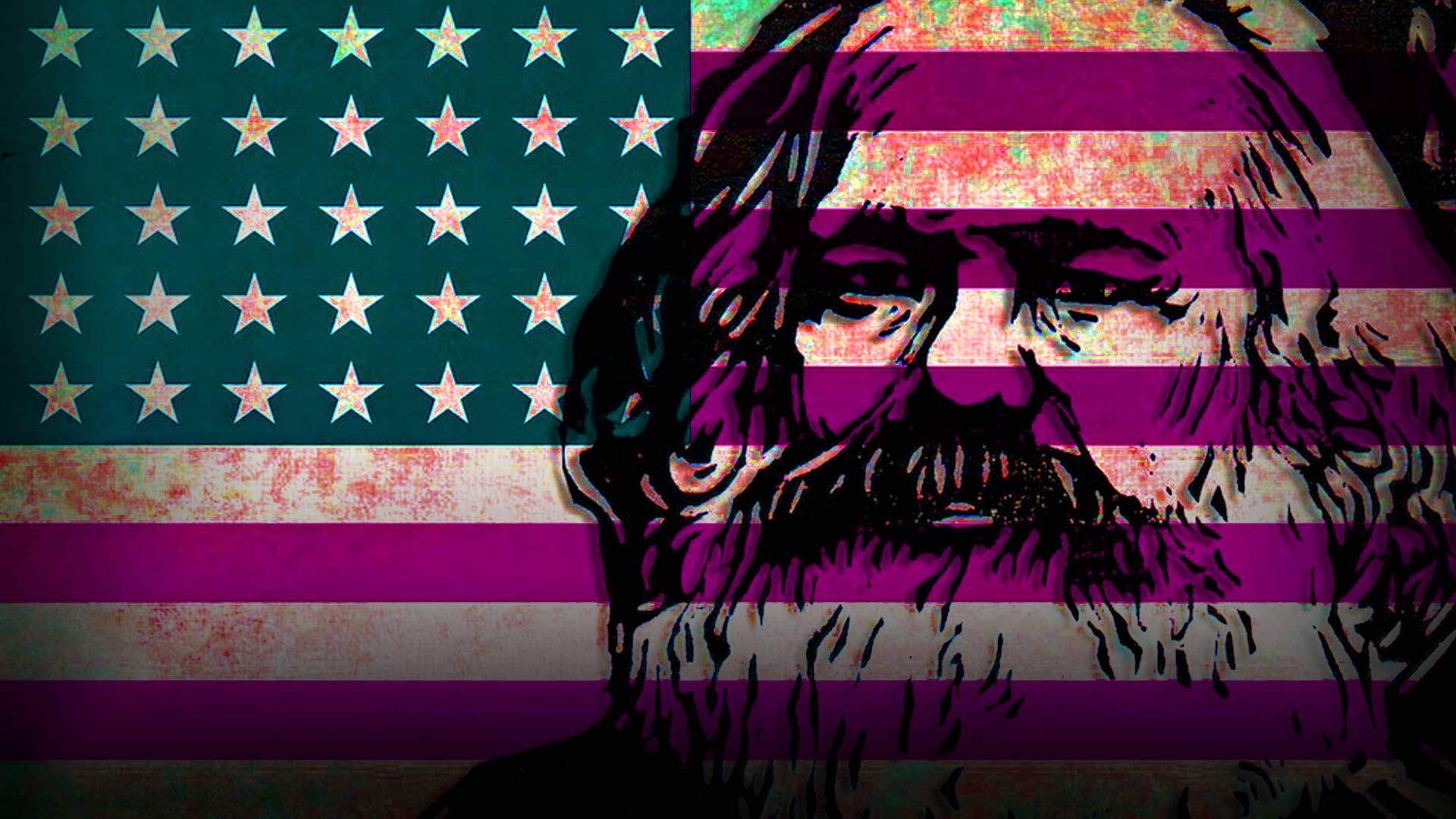
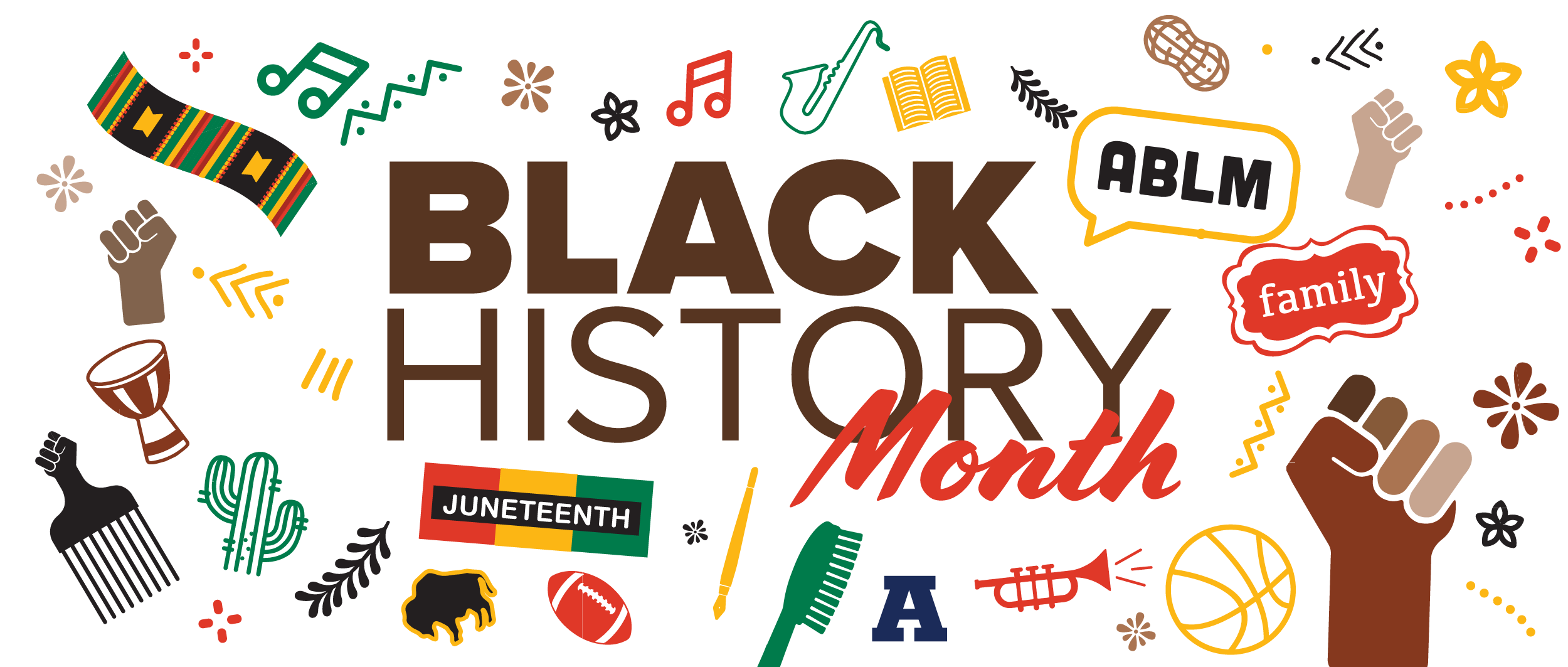
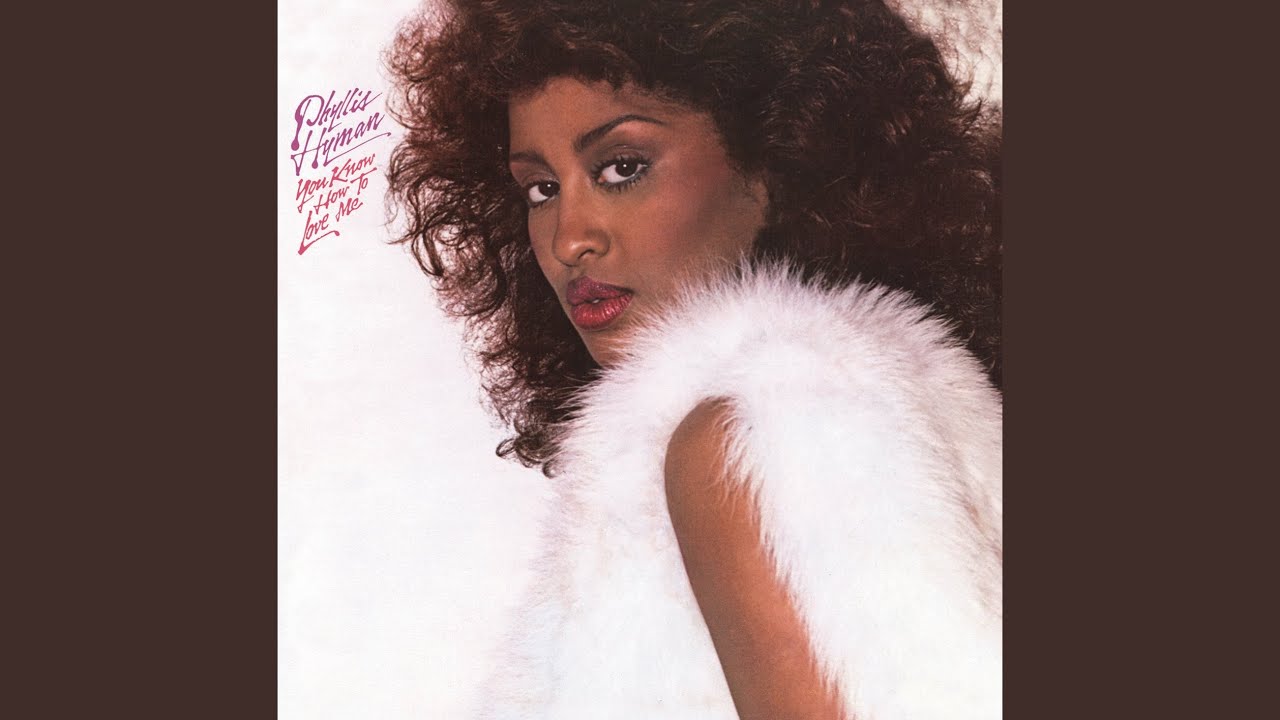
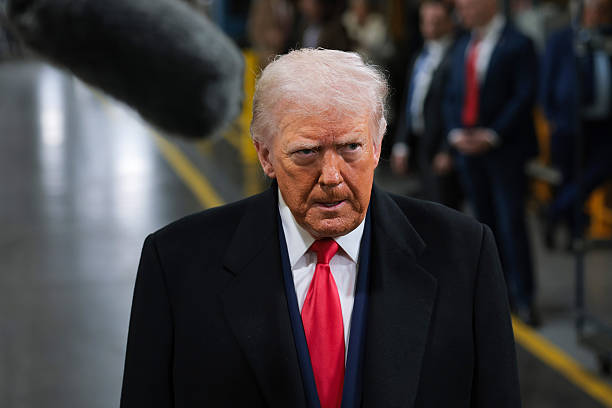
How is this not a national problem? EASY…because the overwhelming, vast majority of them are 110% justified. That’s how. Any other questions?
Great insight. Thanks for sharing.